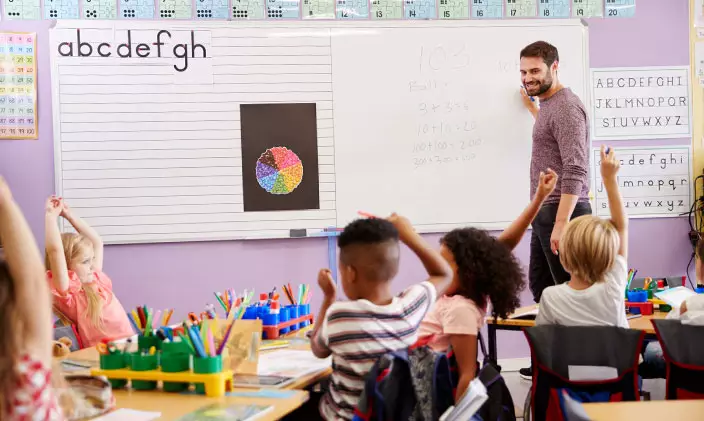Every state requires that public school teachers have a bachelorтs degree. The traditional pathway to becoming an elementary school teacher include these requirements:
1.Ь§ Ь§ Earn a bachelorтs degree.
2.Ь§ Ь§ Successfully complete a teacher education program, some of which are state-approved.
3.Ь§ Ь§ Successfully complete a certification or licensure exam for your state.
Beyond these requirements, students may pursue an educational fellowship, which involves teaching for one year, first as a co-teacher and then as an independent teacher. Depending on the state you live in, graduates may be required to take certain tests to earn their teaching license.











